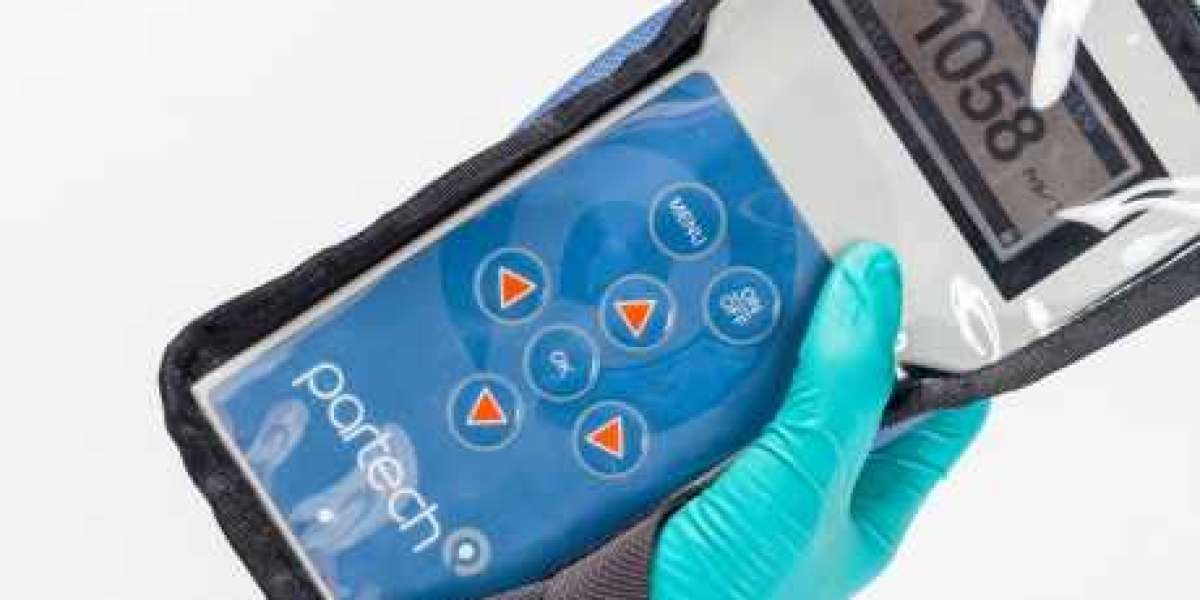The desire to explore the world is a fundamental human impulse, one that should not be diminished by mobility challenges. For individuals who use wheelchairs, travel—whether a weekend getaway or an international adventure—has historically been fraught with logistical hurdles. Conventional wheelchairs, while essential for daily mobility, often present significant obstacles when faced with the demands of modern travel. They can be heavy, cumbersome to transport, and lack the features needed to navigate unfamiliar environments with ease. In response to these challenges, a new category of mobility aid has emerged: the . This innovative device represents a convergence of lightweight engineering, compact design, and intelligent technology, promising a new level of independence and spontaneity for users. This article will explore the defining characteristics, benefits, and considerations surrounding this emerging product category, examining its potential to redefine accessibility in motion.
Defining the Modern Mobility Solution
A portable travel smart wheelchair is not merely a lighter version of a standard wheelchair. It is a purpose-built device designed from the ground up to address the specific pain points of traveling. Its core identity is built upon three interconnected pillars: portability, travel-readiness, and smart functionality. Portability is achieved through the use of advanced, lightweight materials such as aerospace-grade aluminum and carbon fiber composites. These materials provide the necessary structural integrity while drastically reducing the overall weight of the chair. Furthermore, portability is defined by a folding or disassembling mechanism. The most effective designs allow the wheelchair to collapse into a compact form factor, often small enough to be stowed in a car trunk, an aircraft overhead compartment, or a closet, addressing a key concern for those searching for lightweight folding travel wheelchairs.
The travel-ready aspect encompasses a range of design choices tailored for the rigors of journeying. This includes all-terrain capabilities, with durable, often airless, tires that can handle cobblestone streets, sandy paths, and airport corridors with equal competence. Maneuverability is paramount, with a tight turning radius for navigating crowded spaces like museums, airports, and hotel rooms. Finally, the “smart” component integrates digital technology to enhance the user’s experience and safety. This can range from simple, yet crucial, features like integrated GPS tracking and digital locks to more advanced systems such as health monitoring sensors, connectivity to smartphone applications for configuration and diagnostics, and even power-assisted drives that augment the user’s own strength, reducing fatigue on longer excursions. These features directly respond to user inquiries for all-terrain smart wheelchairs for travel and power-assisted travel wheelchair options.
Key Features and Technological Integration
The practical value of a portable travel smart wheelchair is realized through its specific features. The folding mechanism is arguably its most critical component. A superior mechanism should be intuitive, requiring minimal physical effort and no tools to operate. A quick, one-handed fold is a significant advantage, enabling users to transition seamlessly from a mobile to a portable state. The compactness of the folded unit is equally important, as it determines the ease of transport in a vehicle or on public transit. This addresses the high demand for compact electric travel wheelchairs that do not sacrifice performance for size.
The integration of technology elevates these devices beyond simple mechanical aids. A central hub, often controlled via a smartphone app or a mounted console, can provide a wealth of functionality. Battery life and range are crucial considerations for any powered model. Modern lithium-ion batteries offer extended use, but smart battery management systems are what truly make a difference. These systems provide accurate range predictions, monitor battery health, and regulate power output to maximize efficiency. For the user, this translates to confidence when planning a day of sightseeing without the fear of being stranded. Another significant technological advancement is the power-assist system. These systems, which can be integrated into the wheels or offered as an add-on, detect the user’s pushing force and provide a proportional boost. This makes navigating inclines, headwinds, and long distances considerably less strenuous, effectively expanding the user’s operational range and reducing physical fatigue. This feature is a direct answer to searches for smart wheelchair with app control and long-range battery mobility scooter alternatives.
To illustrate the typical specifications one might encounter, the following table provides a generalized overview:
| Feature Category | Common Specifications | User Benefit |
|---|---|---|
| Portability | Weight: 15-30 lbs (manual), 35-50 lbs (powered); Folds to airline-cabin dimensions | Easy lifting, stowing in car trunks, and potential for overhead bin storage. |
| Durability | Frame: Aluminum alloy or carbon fiber; Tires: All-terrain, airless or puncture-proof | Withstands the bumps of travel and eliminates concerns about flat tires. |
| Smart Technology | Bluetooth connectivity, smartphone app, GPS tracking, health vitals monitoring | Enhanced navigation, security, and health oversight, all integrated seamlessly. |
| Power Range | Lithium-ion battery; Range: 10-20 miles per charge (powered models); Power-assist modes | Enables full-day exploration without range anxiety and provides assistance on demand. |
The Impact on User Independence and Travel Experience
The advent of the portable travel smart wheelchair has a profound impact on the quality of life and travel experience for its users. The most significant benefit is the restoration of spontaneity and independence. The psychological barrier posed by a heavy, difficult-to-transport wheelchair is substantial. When that barrier is removed, users feel empowered to say “yes” to more opportunities, whether it’s a last-minute dinner invitation or a complex multi-destination trip. The reduction of reliance on others for assistance with loading, unloading, and maneuvering in tight spaces fosters a greater sense of self-reliance and dignity.
From a practical standpoint, these wheelchairs transform the travel process itself. Navigating a busy airport, for instance, becomes a less daunting task. A lightweight, agile chair can move efficiently through security checks and crowded terminals. If it folds compactly, it can potentially be taken onboard as carry-on luggage, eliminating the anxiety and potential damage associated with checking a mobility device as cargo. This assurance is invaluable. At the destination, the all-terrain capabilities mean that users are not limited to perfectly paved pathways. They can confidently explore a historic district with uneven surfaces, a nature trail, or a beach, significantly enriching the travel experience. This directly enhances accessible travel equipment options and promotes independent living aids for disabled travelers. The smart features add another layer of security and convenience; GPS tracking can provide peace of mind to both the user and their companions in unfamiliar locales, while app-based controls allow for fine-tuning the chair’s performance to suit the day’s activities.
Considerations and Future Developments
Despite the clear advantages, prospective users must approach the selection of a portable travel smart wheelchair with careful consideration. The primary trade-off often involves a balance between weight, durability, and cost. The lightest materials, such as carbon fiber, command a premium price. Users must assess their specific needs: is absolute minimum weight the top priority, or can a slightly heavier, more robust, and less expensive aluminum frame suffice? Similarly, the inclusion of smart features and power assistance increases complexity and cost. It is essential to evaluate which technological integrations are truly beneficial for one’s lifestyle versus those that may be superfluous.
Customization and fit remain critical. A wheelchair is a deeply personal device, and proper support is non-negotiable for long-term comfort and health. While many portable travel smart wheelchairs offer some adjustability, they may not provide the same level of custom fitting as a clinical, prescription-grade chair. Therefore, a thorough assessment of seat dimensions, backrest support, and cushioning options is necessary. Looking to the future, the trajectory for this product category is pointed toward even greater integration and intelligence. We can anticipate advancements in artificial intelligence that enable more intuitive obstacle avoidance and route planning. Solar-panel integration could supplement battery life for extended outdoor use. Furthermore, the development of lightweight folding travel wheelchairs with even more robust yet lighter materials will continue to push the boundaries of portability and strength. The ultimate goal is a seamless, reliable, and empowering mobility solution that makes the world truly accessible.
In conclusion, the portable travel smart wheelchair is more than a piece of equipment; it is a catalyst for a more inclusive and adventurous life. By thoughtfully addressing the limitations of traditional wheelchairs through intelligent design and technology, it empowers individuals with mobility challenges to engage with the world on their own terms. While considerations around cost and customization persist, the undeniable benefits of increased independence, safety, and spontaneity position this innovative product not just as a niche tool, but as a significant step forward in the ongoing journey toward universal accessibility and freedom of movement.













